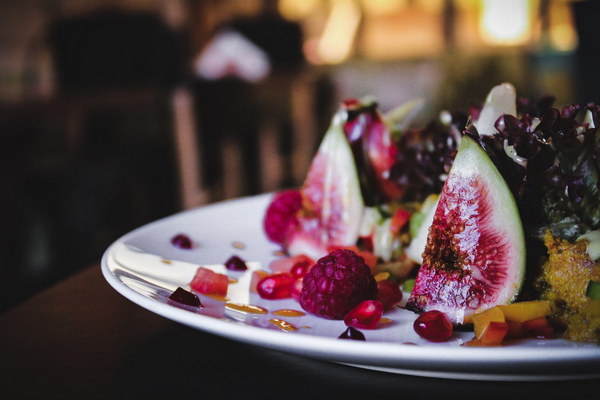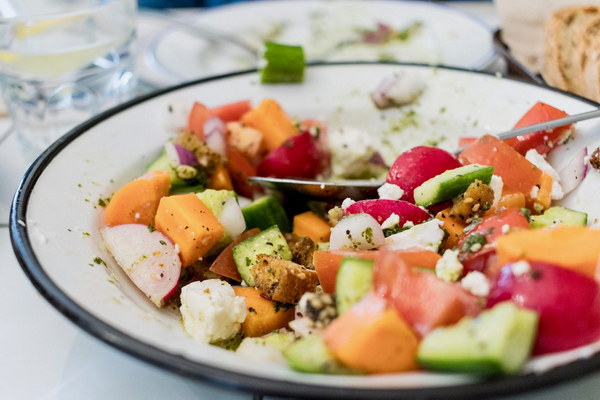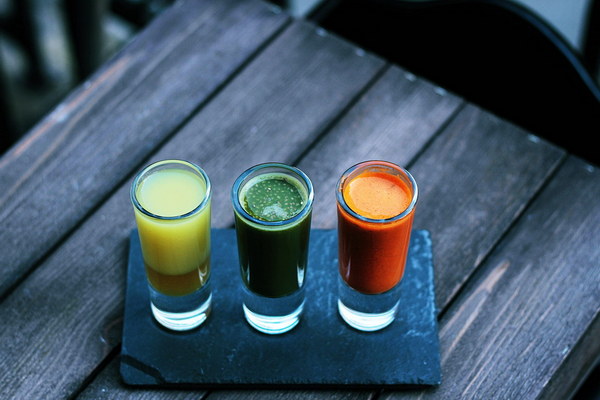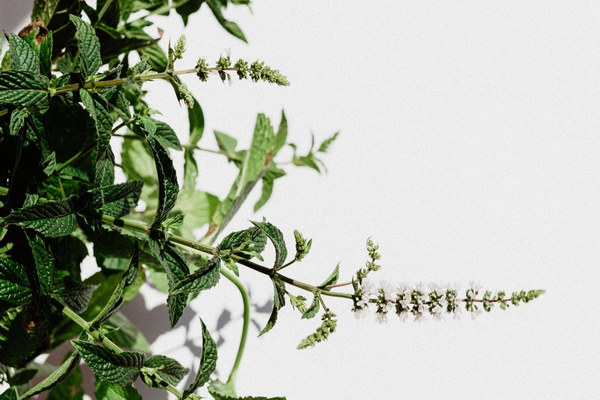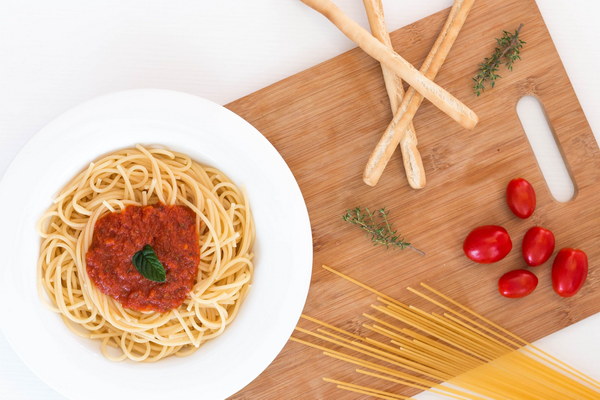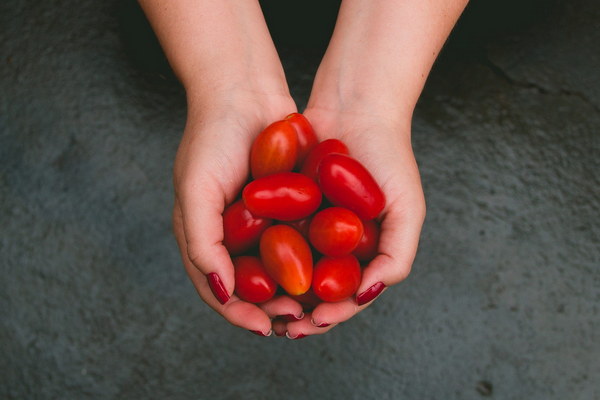Unveiling the Secrets What Herbs and Spices to Add for Effective Dampness-Relieving Recipes
In the realm of culinary arts, there's an art to not only pleasing the palate but also nurturing the body. One such aspect is the incorporation of dampness-relieving ingredients into our cooking. Dampness, known as Damp-Heat in traditional Chinese medicine, can manifest as various symptoms like fatigue, body ache, and skin issues. To combat this, adding certain herbs and spices to your dishes can be a game-changer. Let's delve into the world of dampness-relieving ingredients and how they can elevate both your health and taste buds.
1. Cinnamon
Cinnamon, with its warm and spicy flavor, is a staple in many cuisines. It's not only delicious but also an excellent dampness-relieving herb. In traditional Chinese medicine, cinnamon is used to warm the body and expel dampness. You can add it to stews, soups, or even sprinkle it over your morning oatmeal for a delightful start to the day.
2. Ginger
Ginger is a well-known dampness-relieving spice. Its strong, earthy flavor can be a game-changer for those who are prone to dampness. Add ginger to your stir-fries, soups, or even infuse it in your tea. The heat from ginger can help alleviate symptoms of dampness and improve digestion.
3. Turmeric
Turmeric is another spice that can be added to your dampness-relieving arsenal. This vibrant yellow spice is rich in curcumin, a powerful anti-inflammatory compound. Incorporate turmeric into your curries, rice dishes, or even smoothies to help alleviate dampness and inflammation.
4. Coriander
Coriander, also known as cilantro, is a versatile herb that can be added to a variety of dishes. Its refreshing and slightly citrusy flavor can help alleviate dampness. Coriander can be used in salads, salsas, or even as a garnish for soups and stews.
5. Astragalus
Astragalus is a traditional Chinese herb that is known for its dampness-relieving properties. It can be used in soups, teas, or even as a herbal infusion. Astragalus is believed to boost the immune system and help expel dampness from the body.
6. Green Onions
Green onions, or scallions, are a common ingredient in many Asian cuisines. They are known for their ability to expel dampness and boost the immune system. Add green onions to your stir-fries, soups, or even as a garnish for dishes like dumplings.
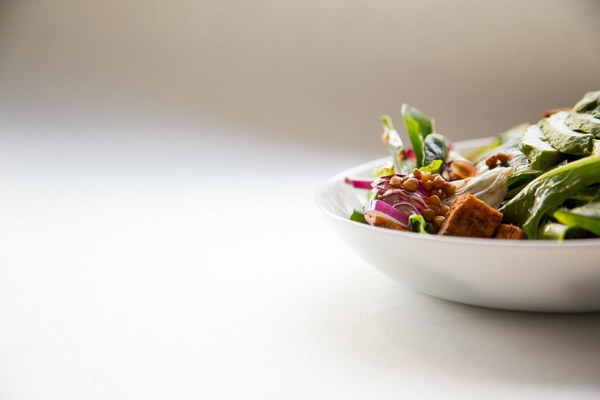
7. Licorice Root
Licorice root is another traditional Chinese herb that is known for its dampness-relieving properties. It can be used in teas, soups, or even as a sweetener in some recipes. Licorice root is believed to help balance the body's fluids and alleviate dampness.
In conclusion, incorporating dampness-relieving herbs and spices into your cooking can be a simple and effective way to improve your health. From the warmth of cinnamon to the refreshment of coriander, these ingredients can help alleviate the symptoms of dampness and add a unique flavor to your dishes. So, the next time you're in the kitchen, don't hesitate to experiment with these ingredients and discover the delicious benefits of dampness-relieving cuisine.




